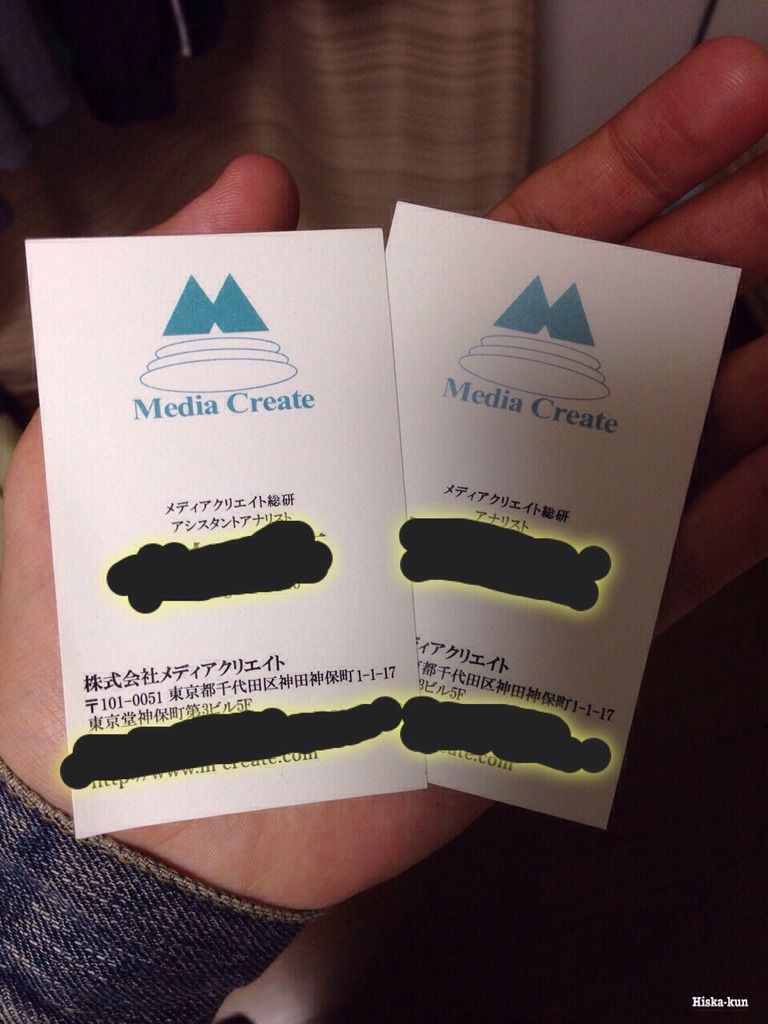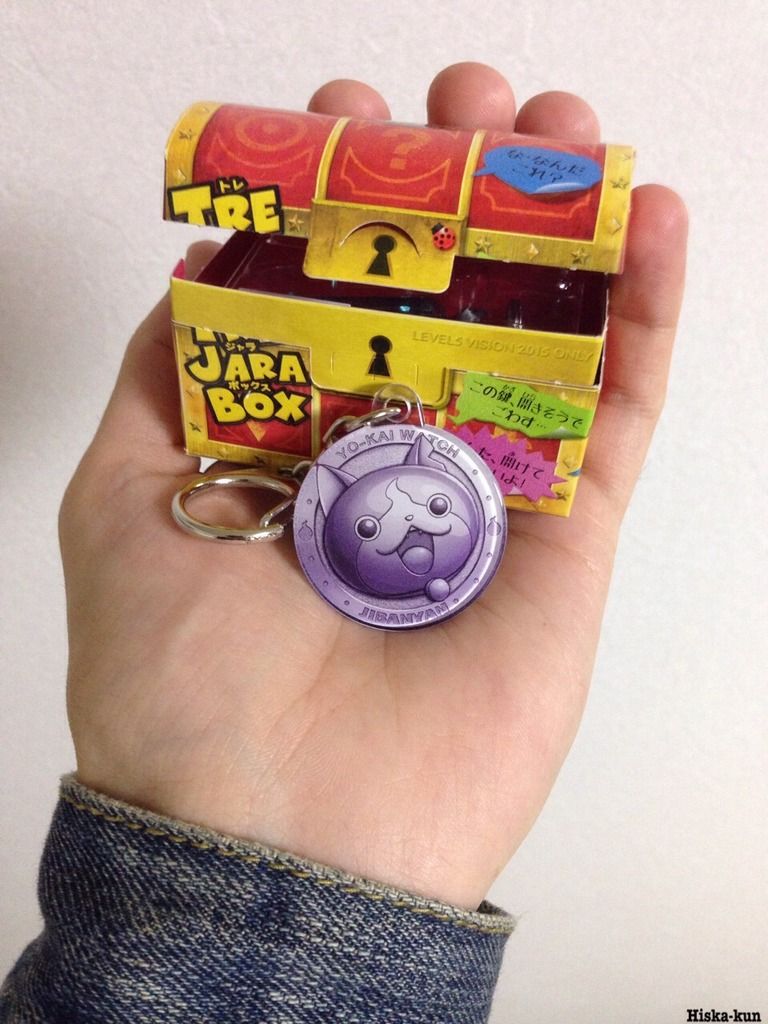We have seen how logic sometimes is missing in L5's business decisions. My idea is that Hino wants to simply exploit FL's popularity by releasing a cheap project on mobile, hoping for the best (i.e. hoping it will the next big thing, as for Layton 7). Fact is, this might have not been the original idea; in 2012, Hino said that he wanted FL to be a franchise; I'm skeptical this was the original plan, since in that case we should have seen this FL2 earlier. Perhaps the company was busy with YW on 3DS, and there were no external developers to contract. Also note that SW resembles a bit FL, so a real FL2 might have turned intow SW, and FL2 downgraded as a re-skinned version of the original one on mobile.
Yes, I think something obviously changed along the way. Along with the previous series six or so series I've mentioned, Majin Station and Wonder Flick R have also disappeared. Layton 7 has zero relation to the thing they originally unveiled as well.
Level 5 seems to have revamped their entire product pipeline with this conference showing the new vision.
1) Maybe. Then SW on 3DS should haven't existed to begin with.
2) This would not explain YW Busters and YW Ambition, since I hardly believe Hino thinks this will sell millions -in particular the latter.
3) As said, Hino stated he wanted FL to become a franchise. The original plan might have been different pre-YW (something like a real full-fledged sequel on 3DS).
4) I explained above my idea.
Guild is over, as those two other mobile games are over. As you can see, L5 is a bit unpredictable on every platform.
1.) I would argue there's a transitory component here coupled with some light diversification. The biggest hits are still on 3DS (though Snack World is notably also on mobile), but there's a vast increase in focus on mobile with this conference and the last time they held one compared to prior years.
I would actually point to notably large publishers as the model here. If we look at a company like EA, they release major blockbusters at retail (and a DLC pipeline to support them), and focus most of their other efforts into mobile. We see Activision acting a lot like this as well, but instead of mobile, the expanded market focus is on f2p games from Blizzard and some f2p dabling from Activision. Warner has smaller titles, but again they aim for pretty big games and converted a bunch of other studios to mobile dev (along with starting a few dedicated mobile studios).
Take-Two and Ubisoft act a bit differently, but it's more that their standalone mobile and online efforts are failures than them not following the pattern of shrinking to just releasing the largest titles at retail and focusing the rest on digital. Take-Two manages solid digital revenue despite this, but Ubisoft's digital revenue is embarrassing to the point that they're shoving microtransactions in everything and praying that it works. We can actually look at Capcom for an extreme example of this strategy by comparing mainline MH/RE to everything else.
It doesn't make sense to give up the 3DS while it's still making money, at least for the big earners. If your strategy is mobile-centric though, it makes sense to refocus your other efforts onto mobile and try to get hits, especially if you view it as the long term future of your company or perhaps even the industry. If the 4DS and 5DS are major successes, well great, you still have your biggest hits there and can make more if you continually fail at mobile. Snack World is an interesting way to try and amortize risk. I'm curious to see if it's f2p on 3DS as well (presumably with an optional retail bundle you can buy so they have a store presence for little kids).
2.) On this note, my impression is that they feel it's only worthwhile to release retail products tied to their biggest brands. If we look at Square Enix in their heyday, shoving Final Fantasy on everything made a few cheaper products sell a lot better than they would otherwise and made it into a good ROI. Fantasy Life (or at this point, things with any brand except Yokai Watch) don't have that benefit. Notably they also have three smartphone apps coming tied to the IP as well in an attempt at saturation. If the retail titles don't perform decidedly well though (compared to what you'd expect out of this type of product), I'd be surprised if they got continued given Level 5's other actions.
3.) I agree and feel that they've completely redone their corporate strategy as noted above.


